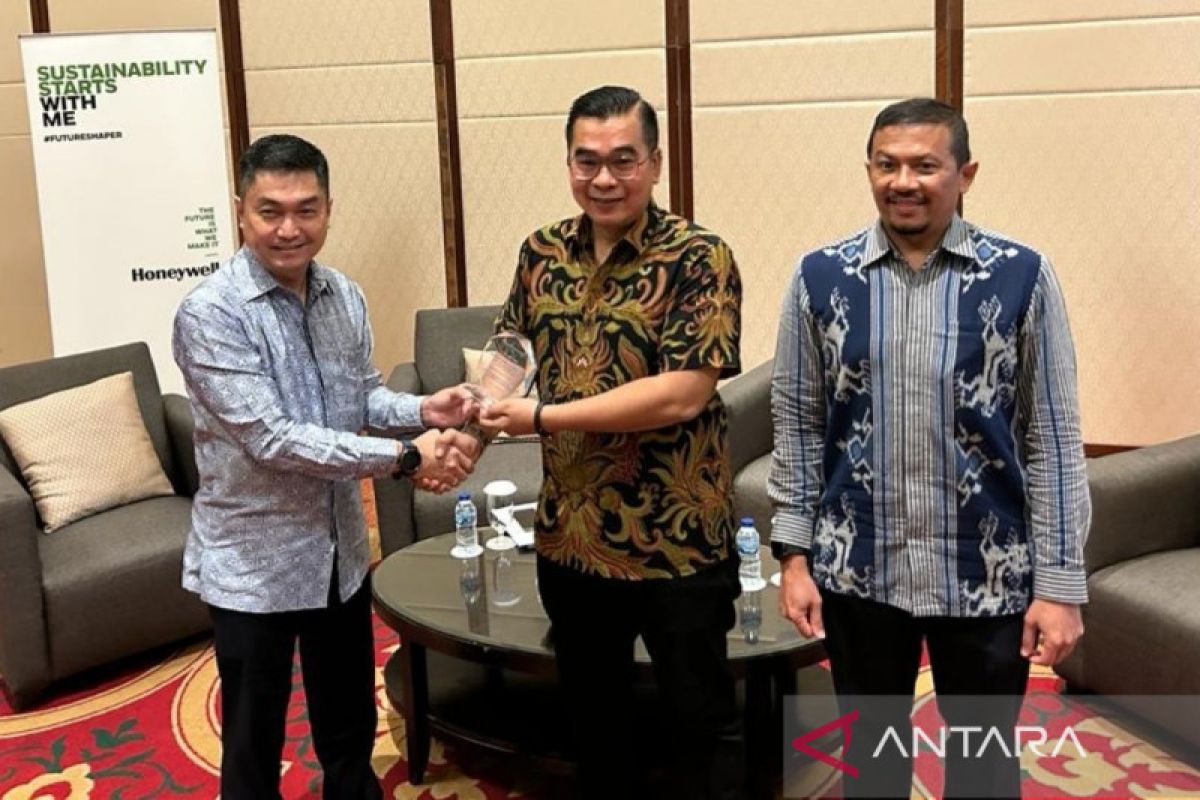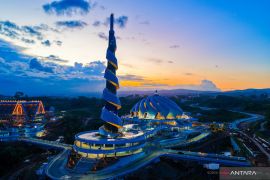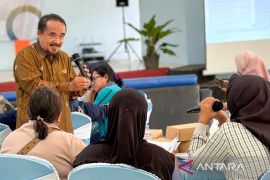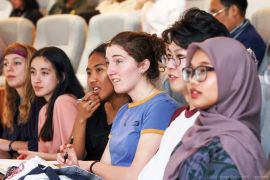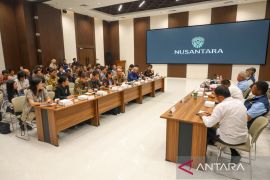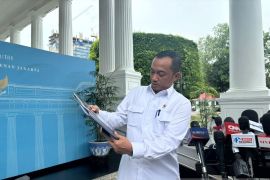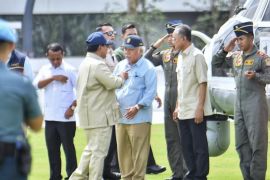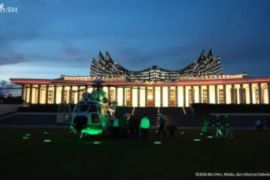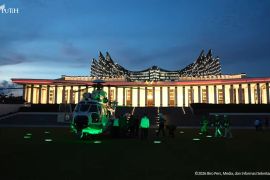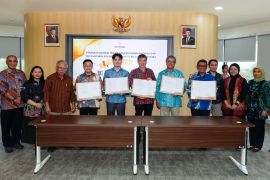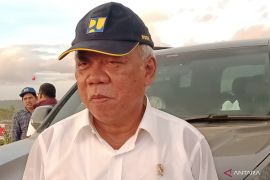...thus it (technology) can increase the quality of life and productivity of the people (living in the city).Jakarta (ANTARA) - Indonesia’s new capital (IKN), Nusantara, will require comprehensive technology application in six sectors to become a smart city, deputy for green and digital transformation at the IKN Authority, Mohammed Ali Berawi, has said.
"There are six (important) sectors for a smart city: governance, transportation and mobility, living (or lifestyle), natural resources and energy, industry and human resources, as well as infrastructure," he informed here on Tuesday.
A smart city must be dynamic, inclusive, technologically savvy, and ready to face various changes in the future, he added.
"It concerns the application of technology, starting from development planning to city management; thus, it (technology) can increase the quality of life and productivity of the people (living in the city)," the deputy remarked.
He emphasized that the IKN is projected to be a zero-carbon city by 2045.
To achieve this end, in the governance sector, the administration, civil registration, and city management will be carried out digitally.
Related news: PT PP, South Korean firm to develop smart city in Nusantara
Advanced technology will also be applied in the transportation sector to develop autonomous minibuses, electric buses, and advanced air transport; automatically organize parking; as well as manage traffic.
"If there is an ambulance on the way, it will not need to queue at a red traffic light, it can just pass through because it (the traffic light) will be adjusted using technology (to let the ambulance pass)," Berawi informed.
In addition, air pollution will be controlled through a data center. There will also be safe public spaces, integrated health services, and proper disaster mitigation response.
According to Berawi, there are five main concepts for building a smart city, namely green, sustainable, savvy, resilient, and inclusive.
The sustainable and green concepts will be implemented to make IKN a forest city, where 65 percent of the city’s area will be a tropical forest, 10 percent will be a green and food production area, while the rest will be an urban area, he said.
The tropical forest will be used as a carbon sink, while the construction of the controlled urban area is aimed at minimizing emissions.
Related news: IKN Nusantara will be a modern, futuristic city: ministry
Related news: Ministry, Finnish government explore cooperation for IKN development
Translator: Maria Prayudhia, Uyu Liman
Editor: Suharto
Copyright © ANTARA 2022
